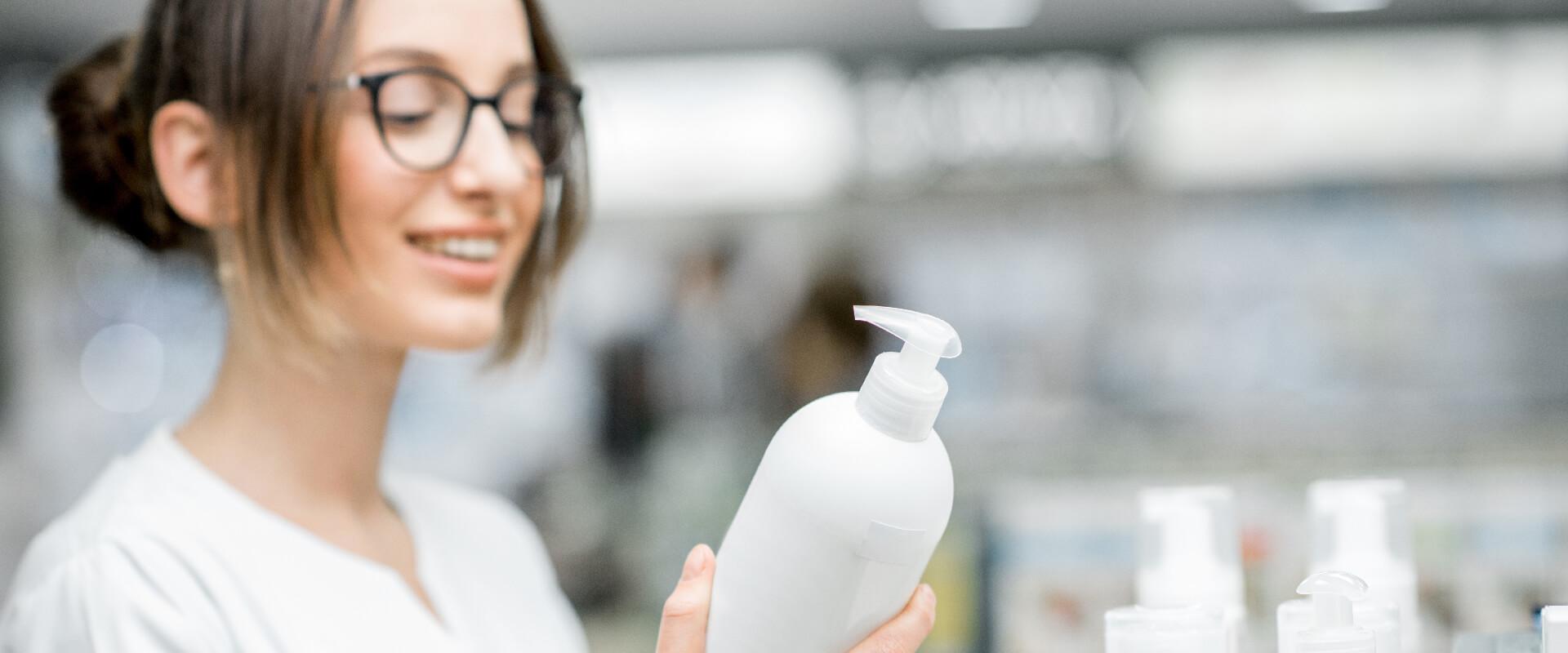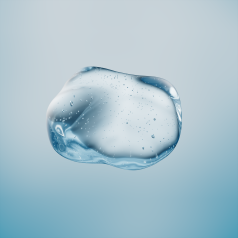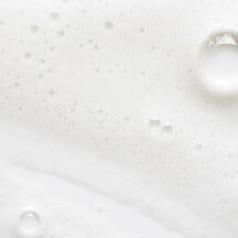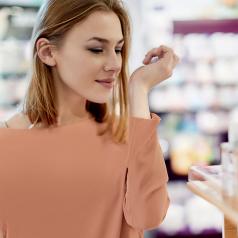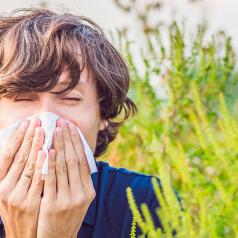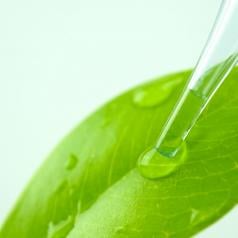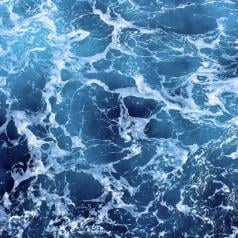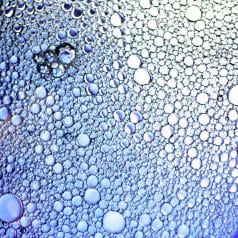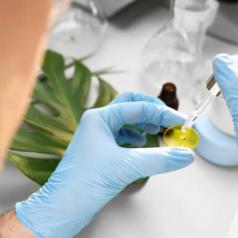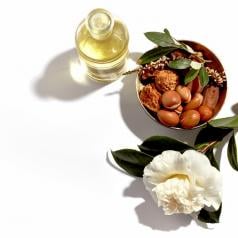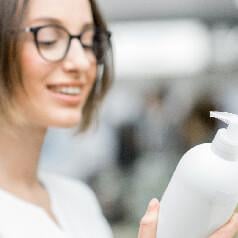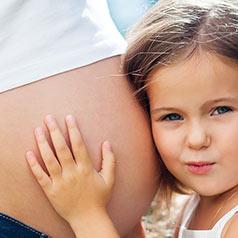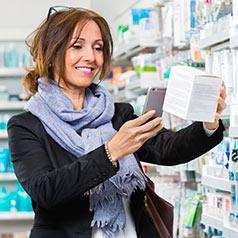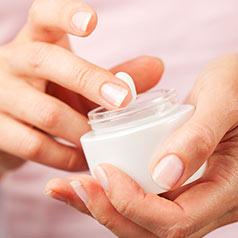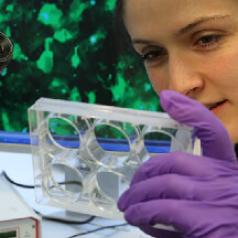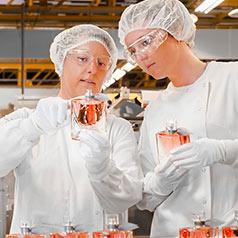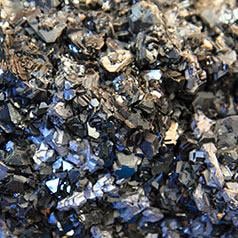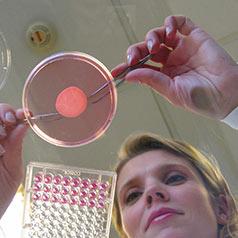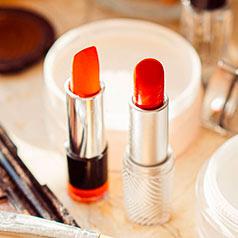More and more consumer brands, initially in the food sector and now more widely in other sectors, are seeking to obtain a label to certify or enhance the value of their products. In response to consumers' growing need for reassurance, the use of labels by brands has developed widely in the cosmetics industry, particularly at a time when organic and natural cosmetics are growing, with labels for organic, and natural cosmetics, sustainable supply and environmentally-friendly.
What is a label?
A label is an indication on the packaging that informs the consumer about the characteristics, quality or origin of a product. The label is issued by public or private bodies. It is certainly a guarantee of quality, but it does not mean that non-labelled products are not of quality and safe for the consumer. In cosmetics, the legislation governing products is one of the strictest in the world.
Certification of fair trade ingredients
Fair Trade ingredients are certified by organisations such as ECOCERT or the Rainforest Alliance. The best known labels are Fair Trade and Fair for Life (a programme created in 2006 for fair trade and responsible industries in France and around the world). These certifications are based on a set of economic, social and ecological criteria. For example, Fair for Life's criteria are as follows:
- An economic model geared towards fair practices, based on a fair pricing policy.
- Respect for human rights and decent working conditions.
- Respect for the environment, biodiversity and climate through the implementation of sustainable farming practices or by encouraging conversion to agricultural farms.
- Autonomy by acting for a sustainable local development adapted to local contexts through the implementation of Fair Trade Funds and/or Premium funds, and enabling democratic management of producers' cooperatives.
- Strengthening of business partnerships through a progressive approach to improving the sustainability and traceability of supply chains.
L'Oréal uses ingredients that come from sustainable sourcing and are certified by a fair trade label. For example, our shea butter comes from a Fair Trade network in Burkina Faso that is Fair for Life certified.

Certification of organic and natural cosmetic ingredients and products
Certification of organic ingredients
Whatever the organic cosmetic labels, to be certified organic, an ingredient must come from a plant or animal source grown or bred according to the principles of organic farming within a chain certified according to local regulations (AB in Europe, NOP in the United States, JAS in Japan for example) by an independent public or private body, mandated by the authorities (such as ECOCERT).
These organic cosmetic labels mainly guarantee the absence of chemical pesticides and fertilizers in the ingredients, as well as the absence of genetically modified organisms (GMOs).
Water and minerals are not considered organic ingredients or ingredients of organic origin since by definition they cannot be organically produced. However, they can be used in certified organic products.
Certification of organic and natural cosmetic products
Organic cosmetic products are natural products although natural products are not necessarily organic. There are some cosmetic labels that certify only organic products and others that certify organic and natural products.
Organic certification is an organic cosmetic label issued by a public or private body. There are several organic cosmetic labels at regional, national or international levels. Since 2017 in Europe, the cosmetic standards of 5 European organisations BDIH (Germany), CosmeBio (France), ECOCERT Greenlife SAS (France), ICEA (Italy) and the Soil Association (Great Britain) have been harmonised under the common COSMOS Organic standard. This European organic standard is obligatory for all new organic products certified by one of these 5 organisations since 1st January 2017.
- A cosmetic product can obtain the COSMOS Organic cosmetic label if and only if:
- In terms of ingredients, at least 95% of the natural ingredients it contains are from organic farming (shea butter, Argan oil, aloe vera for example).
- In terms of the product:
- minimum 20% organic ingredients are present in the formulas of leave-in products (e.g. skincare creams).
- minimum 10% organic ingredients are present in the formulas of rinse-off products (e.g. shower gel).
- Some ingredients of natural origin must be organic, such as the alcohol for example.
- maximum 2% of substances of petrochemical origin are tolerated in total in the product, excluding preservatives.
- Certification also takes into account the manufacturing process and packaging.
Other cosmetic labels certifying organic and natural products are known or referenced such as COSMOS Natural, one of the most famous cosmetic labels worldwide, Natrue in Germany or NSF in the USA.
Eco-design certification for cosmetics
Eco-design product labels are also referenced, such as Cradle to Cradle in the United States, Nordic Swan, Blue Angel in Germany or Ecolabel. These labels take into account, among other things, the product's life cycle, its environmental impact and the environmental profile of the ingredients.
Our Policy
L'Oréal is committed to communicating about its products in a transparent and understandable way, to help consumers make responsible choices.
All our organic products must be certified by an external organization. We follow the COSMOS Organic standard which is one of the most recognized worldwide. For our natural products, our approach is based on the evaluation of the naturalness of our ingredients by favouring mainly natural and naturally sourced ingredients. We reduce the use of synthetic origin ingredients to the strict minimum, to those that are essential for the quality and good conservation of our products. We have developed a naturalness index for our products, which is calculated in accordance with the ISO 16128 standard. Our brands can use certification, such as COSMOS Natural for their natural products depending on the markets and sales regions.
For our environmentally-friendly products or those developed with eco-design and respect for aquatic ecosystems in mind, our brands can use certifications such as Nordic Swan or Cradle to Cradle.
For our fair trade or sustainably sourced ingredients, we can certify them with the recognised labels such as Fair For Life.

